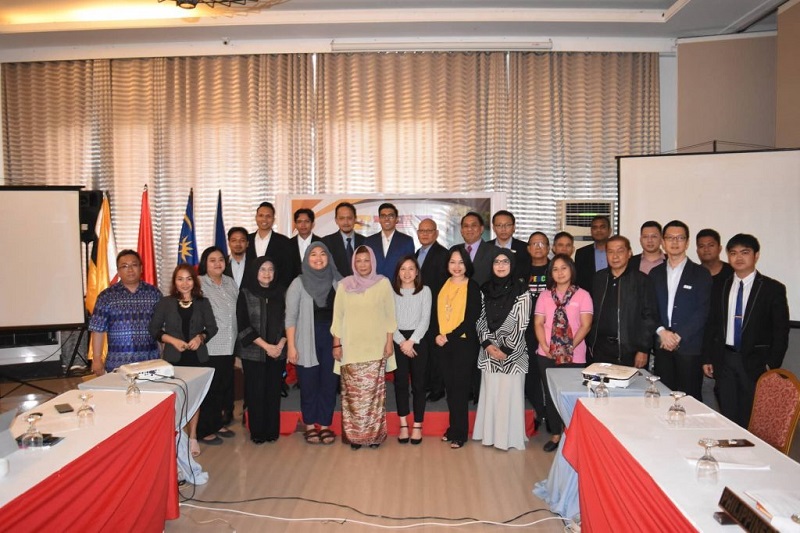
ICT project proposals that will stimulate economic development within the Brunei Darussalam-Indonesia-Malaysia-Philippines East ASEAN Growth Area (BIMP-EAGA) are the main focus of several heads of businesses who gathered to discuss during the BIMP-EAGA ICT CEO Forum.
OpenGov Asia had earlier reported on The Philippines to meet with Brunei Darussalam, Indonesia and Malaysia for ICT.
The cluster meeting was focused on the ICT projects identified in the BIMP-EAGA Vision 2025.
There are a several forums prior to the actual Cluster Meeting that bring business chief executives, founders and government representatives together so they can discuss which proposals to present during the actual meeting.
Discussing ICT initiatives
According to a recent press release, they discussed the Business to Business (B2B) solution as a plausible way to make businesses more efficient.
B2B could securely connect businesses for both exporting and importing across the region of the Asia Pacific Economic Cooperation (APEC), but more specifically those within the BIMP-EAGA.
By using MondeB2B, businesses can trade efficiently and with more partners across the region.
This will empower even the small businesses, which would otherwise not have access to a market of such size.
AgromeIQ is another project that was presented during the meeting. This platform will train farmers and provide access to certification and a variety of markets.
The four-nation panel ran the details of the projects through an inquiry to validate the proposal and signed the BIMP-EAGA project concepts.
These projects, among others, will be featured on the LIVEX (Livelihood Exchange) Forum.
Facilitating a continuous industry growth
As reported, responsive and data-driven policy support for cross-border trades, efficient transportation systems and talent sharing, and a need for a common ICT platform for all four countries were the main concerns during the LIVEX Forum.
The private sector finds these concerns to be necessary to facilitate continuous industry growth in the region, especially when it comes to ICT.
Collaboration is key
The President of the recognised national organisation of ICT Councils in the Philippines suggested the development of a common platform for the four nations, during his keynote speech.
It would be similar to the Department of Information and Communications Technology’s (DICT) digitalPH initiative as a means to promote collaboration.
It would be a digital portal for Brunei, Indonesia, Malaysia and the Philippines, which would allow them to keep track of what is happening in their respective jurisdictions and would serve as a marketplace.
The Malaysian incoming Chair of the BIMP-EAGA ICT CEO Forum appealed for the governments to create a harmonisation policy that would be make it easy for the private sector to work out ideas without a lot of red tape.
He shared an example of a common government policy in sharing ICT talent across between Malaysia and the Philippines, where the Philippines enjoys a bigger talent pool when it comes to ICT.
Having this kind of policy can actually facilitate faster growth in the sector. He cited special visa and allowance arrangements as some of the policies that the governments may want to explore.
Additionally, if transportation systems between the four nations could improve, on top of a common platform, then enhanced collaboration would follow.
Despite being individually advanced in terms of digital economy, there is no common platform for them to do things together.
The event closed with a reassurance from the DICT’s Assistant Secretary for Infostructure Management and Special Concerns that the Philippines is steadfast in following through with its commitments to the subregional organisation and its stakeholders.
He said, “Together, we will continue to lay the necessary groundwork for setting up a robust infostructure build-out, coupled with effective policy frameworks that are forward responsive, technology neutral and underpinned on convergence and open-access.”
















